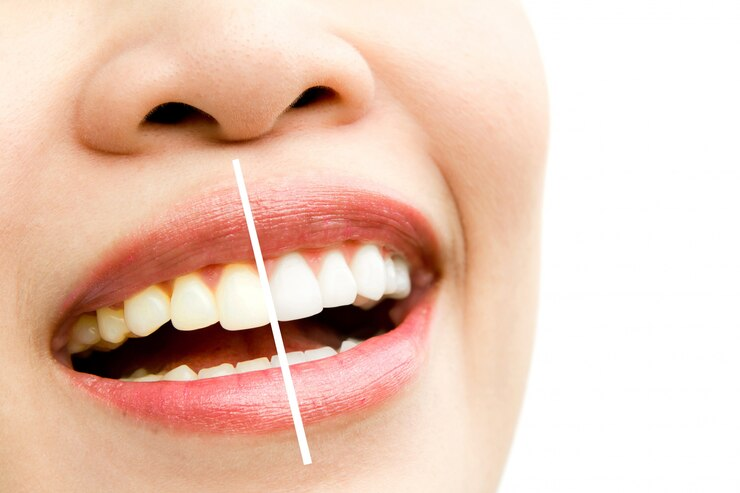Is it Haram to Do Laser Hair Removal? Find Out Now!
Laser hair removal has gained significant popularity as a long-term solution for unwanted body hair. Many individuals seek this treatment for its convenience and effectiveness. However, in a religious context, especially within Islamic teachings, questions often arise about the permissibility of such cosmetic procedures. This article explores the considerations surrounding Is it Haram to Do Laser Hair Removal? in Islam.
Understanding the Concept of Haram
In Islamic terminology, "haram" refers to anything that is prohibited by Allah. The opposite of haram is "halal," meaning permissible. Determining whether a practice is haram often involves looking at the Qur'an, Hadith (sayings of Prophet Muhammad), and the opinions of Islamic scholars.
The Basis for Laser Hair Removal
1. Nature of the Procedure
Laser hair removal involves using concentrated beams of light to target hair follicles, reducing or eliminating hair growth. Unlike traditional methods such as shaving or waxing, laser treatment is considered a more permanent solution.
2. Intention Behind the Procedure
In Islam, the intention (niyyah) behind a practice is paramount. If the intent behind undergoing laser hair removal is to enhance one's appearance for oneself or to comply with societal norms without any harm or excessive vanity, it may be considered acceptable.
Perspectives from Islamic Scholars
1. Permissibility of Hair Removal
Islamic teachings encourage cleanliness and personal grooming. Many scholars argue that removing hair from areas like the underarms, pubic region, and face is not only permissible but also recommended. Thus, the general act of hair removal is not inherently haram.
2. Permanent Hair Removal Methods
When it comes to methods like laser hair removal, scholars have differing opinions. Some consider it permissible due to its effectiveness and the absence of any harm associated with the treatment. They argue that if it does not lead to any physical harm or emotional distress, and if it does not encourage vanity, it aligns with the principles of self-care emphasized in Islam.
3. Temporary vs. Permanent Solutions
While temporary hair removal methods (shaving, waxing) are widely accepted, the concern about permanent solutions, such as laser hair removal, primarily revolves around the possibility of harm or unnecessary alteration of one's body. Scholars who oppose such practices often cite the Hadith that encourages maintaining one's natural state unless there is a need for alteration.
Potential Concerns About Laser Hair Removal
1. Harm and Side Effects
Islam prohibits any practices that cause harm. Before deciding on laser hair removal, it’s essential to consider potential side effects such as skin irritation, pigmentation changes, and allergic reactions. Consulting with a qualified professional can help assess the risks and benefits.
2. Enhancement of Vanity
Some scholars caution against procedures that might lead to excessive vanity or altering Allah’s creation. If laser hair removal is seen as a means to achieve an unrealistic beauty standard or as a necessity for social acceptance, it may fall into a gray area.
3. Cost and Accessibility
The financial aspect is also worth considering. If the cost of laser hair removal leads to financial strain, it may not be a prudent choice. Islam encourages moderation and cautions against extravagance.
Personal and Cultural Considerations
1. Individual Choice
Ultimately, the decision to undergo laser hair removal rests with the individual. Each person must weigh the benefits and drawbacks in light of their personal beliefs, circumstances, and health conditions.
2. Cultural Influences
Cultural norms can also play a role in how hair removal is perceived. In some cultures, hair removal is considered essential for beauty and hygiene, while in others, natural hair may be celebrated. Understanding cultural context can help inform one’s decision.
Conclusion
In conclusion, whether laser hair removal is haram depends on various factors, including intention, potential harm, and cultural perceptions. Many scholars view it as permissible when approached with caution and proper understanding. As with any cosmetic procedure, individuals are encouraged to seek knowledge, consult with knowledgeable sources, and reflect on their personal values and beliefs. Ultimately, each person must make an informed decision that aligns with their understanding of Islamic teachings and their personal circumstances.




Comments
Post a Comment